
Tag: Electric and Hybrid Vehicles

-1200x574.webp)
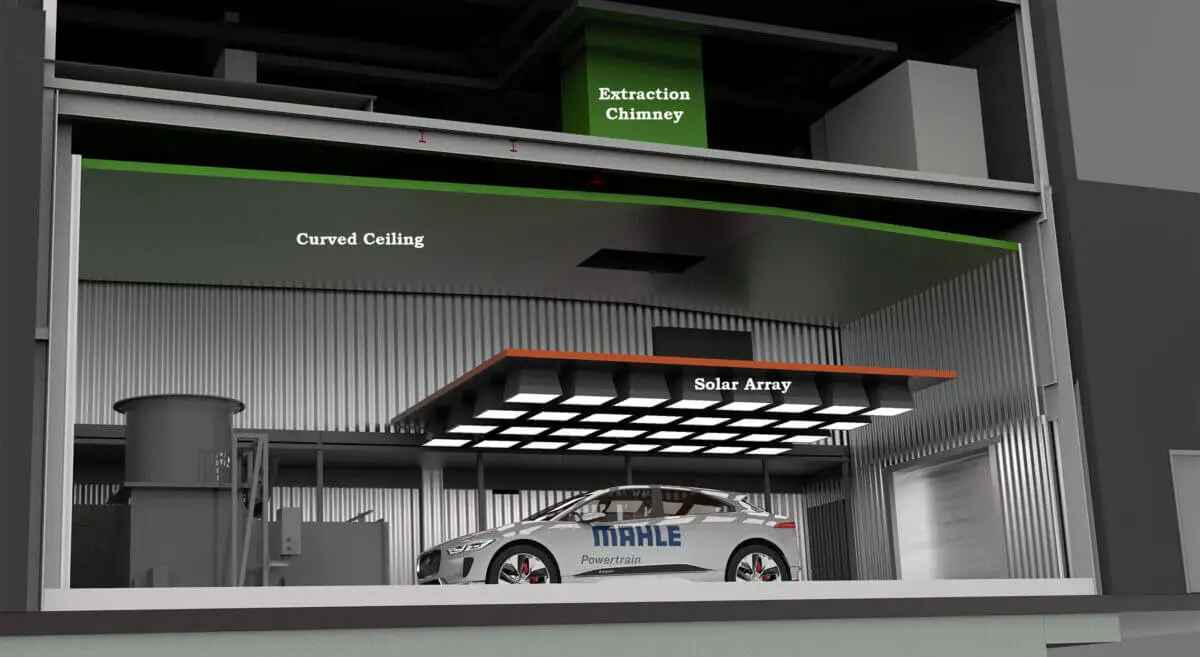
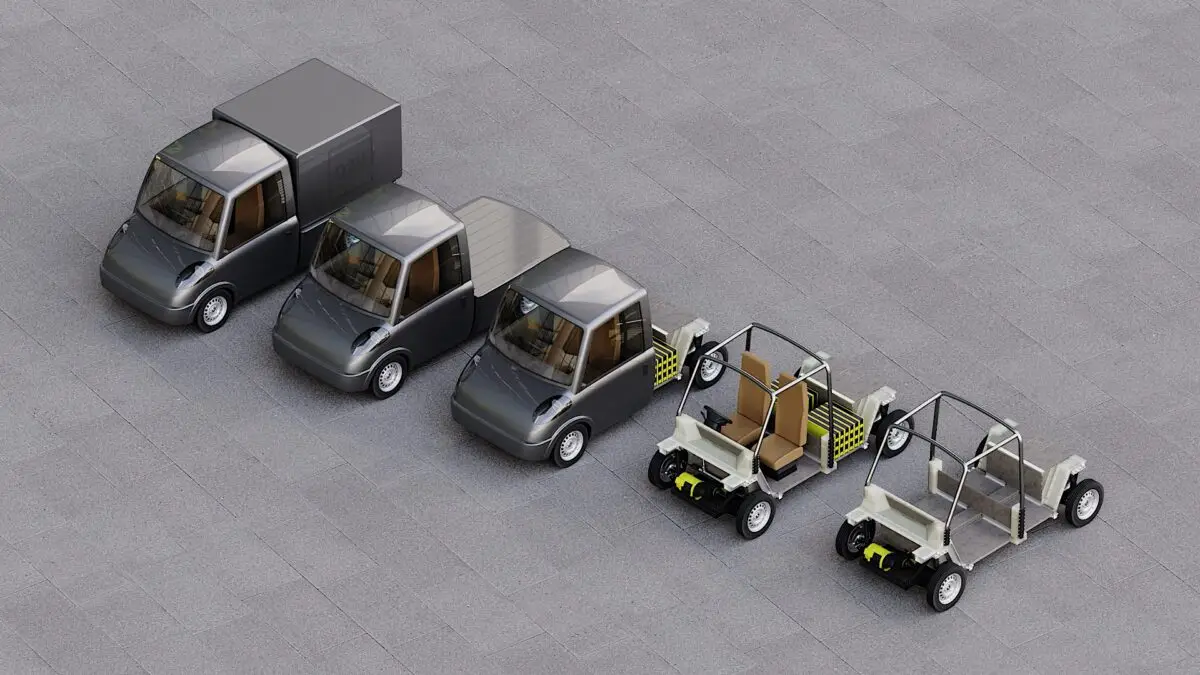
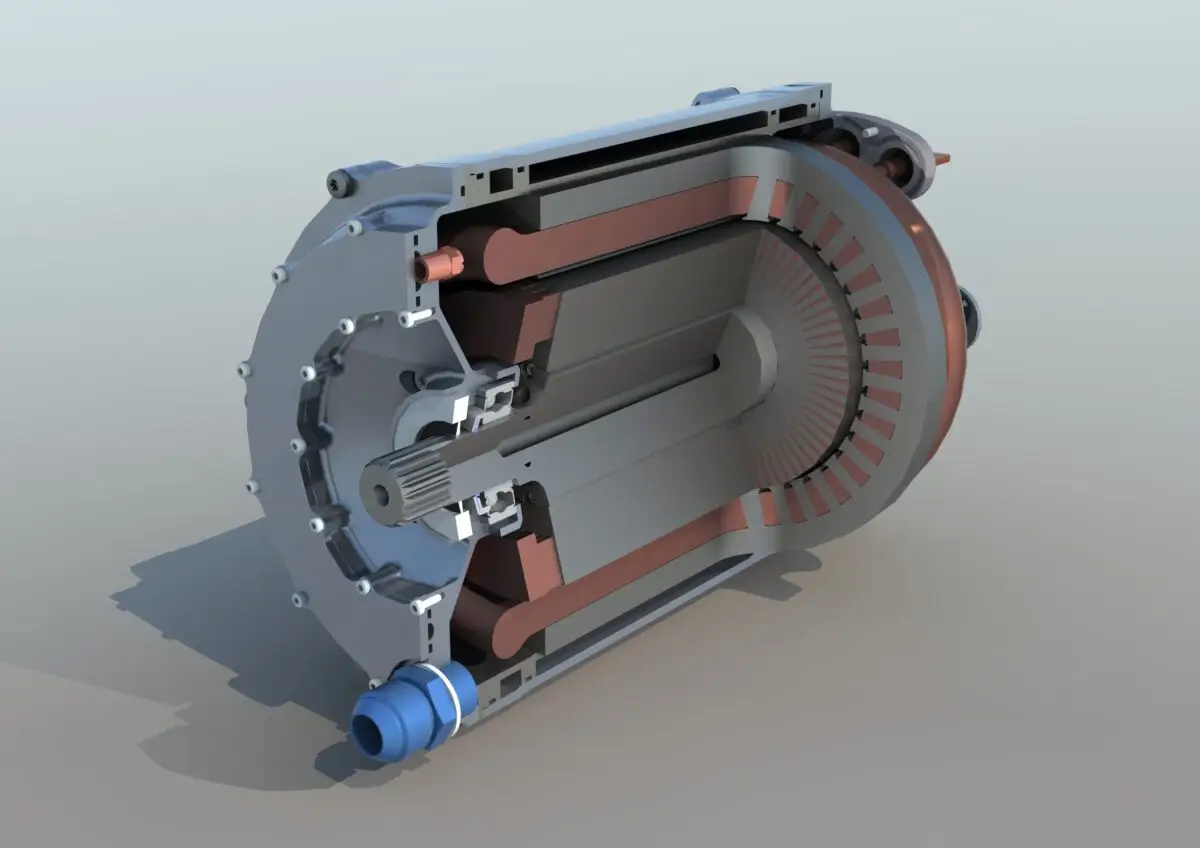
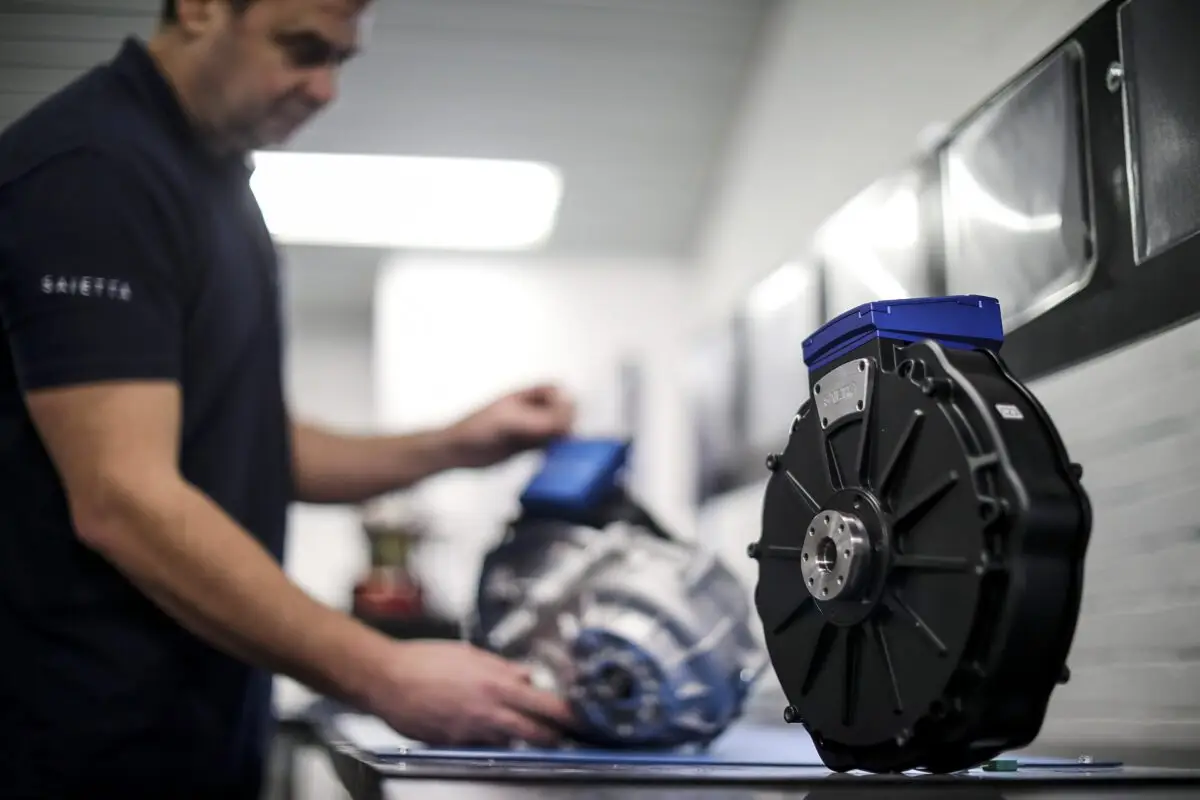

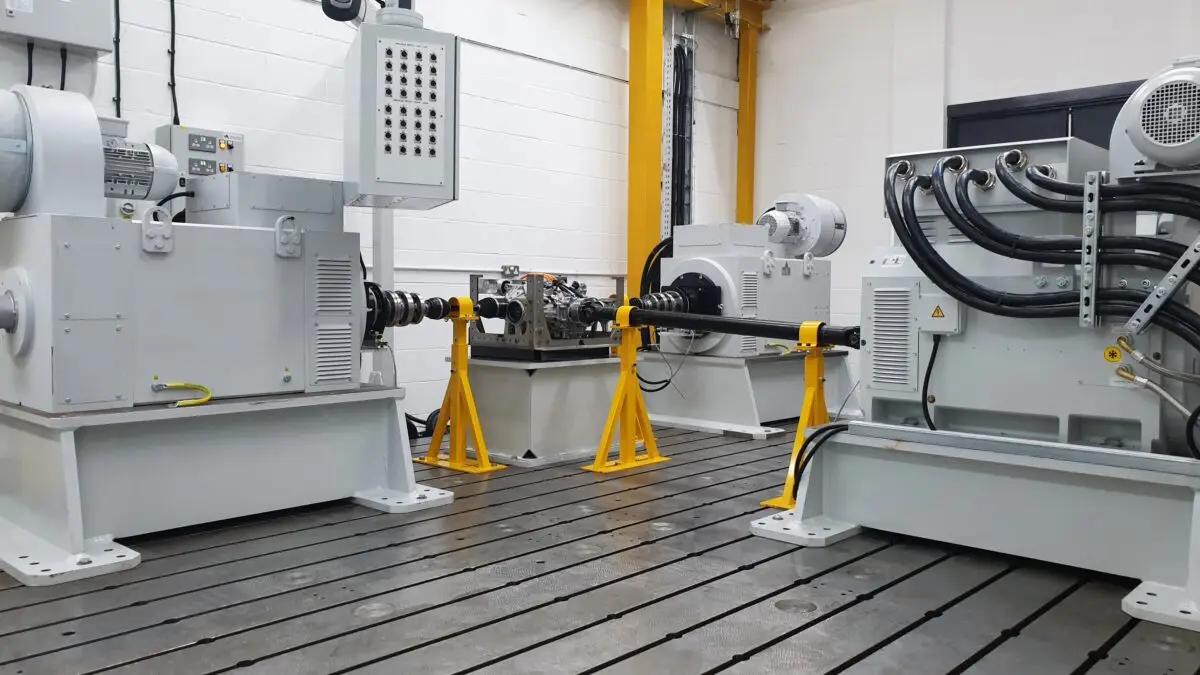
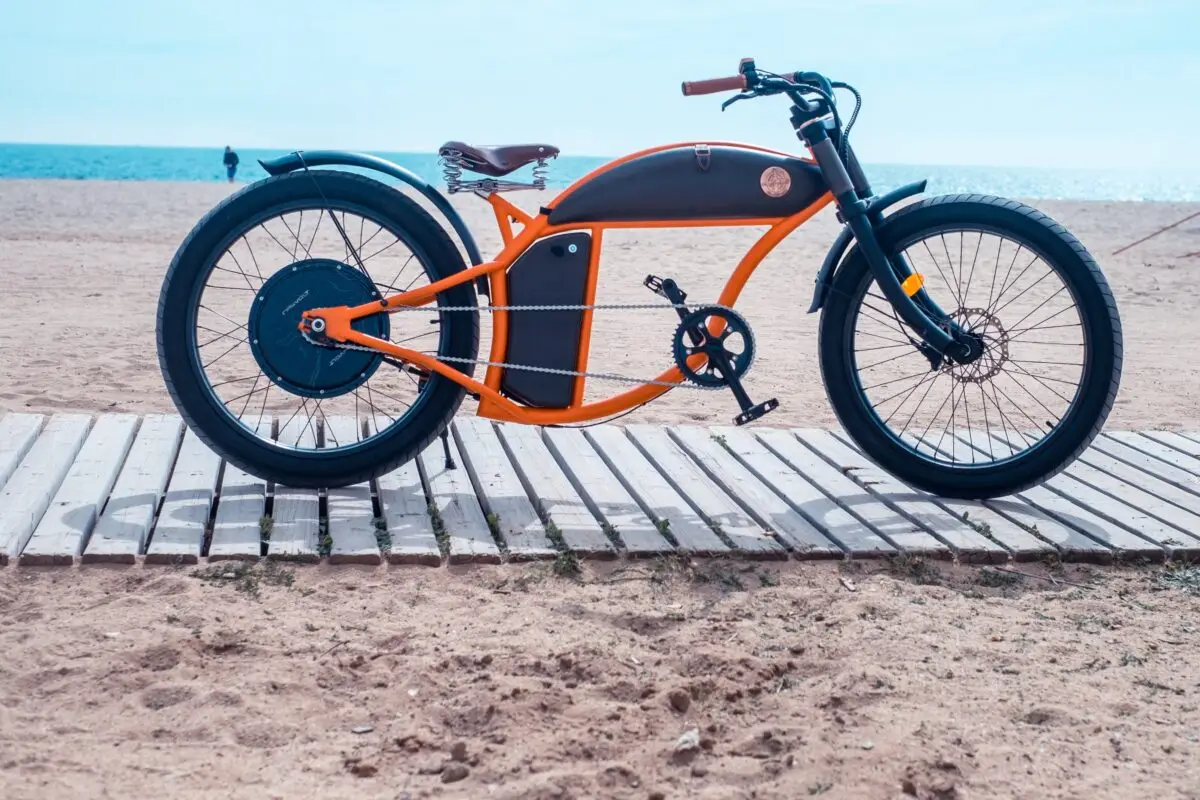
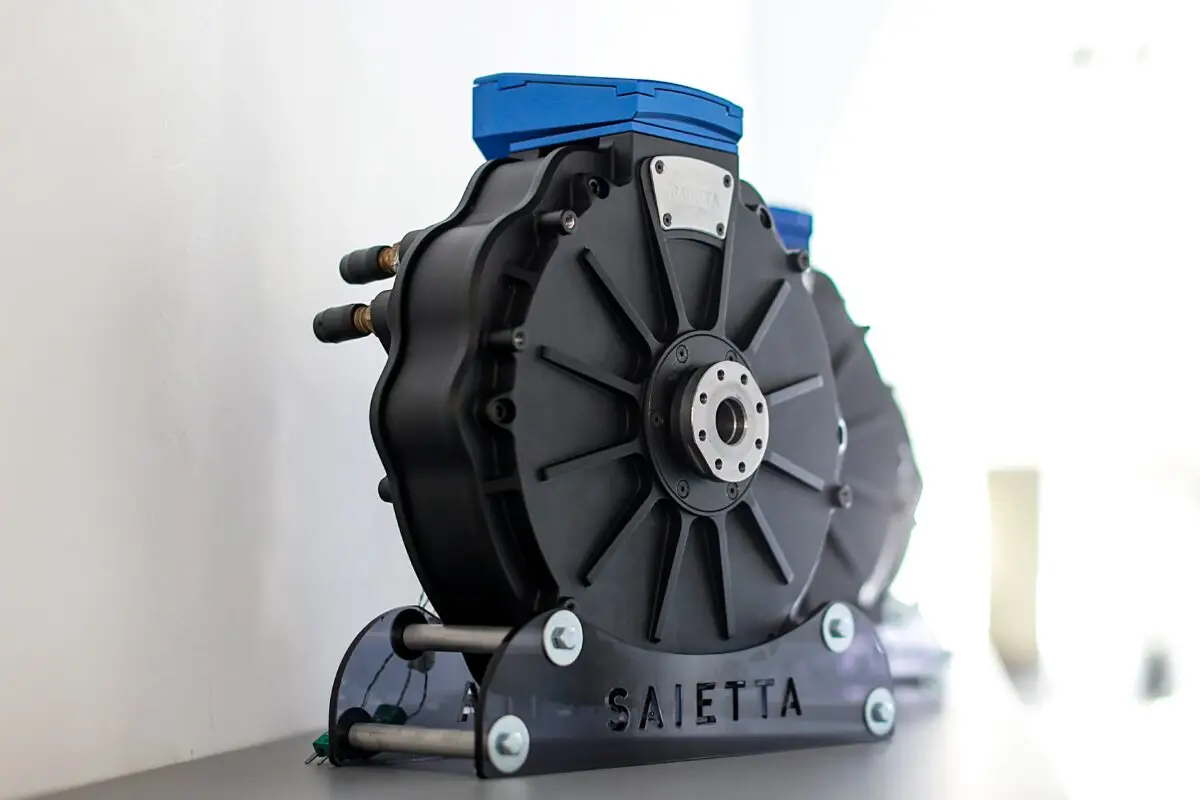

-1200x574.webp)
MAHLE Powertrain (MPT) is expanding its portfolio with an intensified focus on e-mobility. Over recent years, the development service provider headquartered in Northampton, UK has established itself as a strong partner for companies in the automotive and commercial vehicle industries and other sectors—and it is aiming for further growth in 2021. A total of EUR 12 million is to be invested in the construction of five new testing and development facilities. The MAHLE subsidiary already operates state-of-the-art equipment at locations in the UK, the USA, Germany, China, and Brazil, where it develops innovative solutions for its global customers.
“Our portfolio includes electrification, the development of fuel cells, and solutions to support the use of hydrogen and alternative fuels in smart electrified combustion engines. We want to grow further in this area in particular,” Simon Reader, MAHLE Powertrain’s Director of Engineering, explained at a press conference. “We’re in an excellent position to help our customers develop their sustainable mobility solutions.”
MPT’s main activities lie in the design, simulation, and development of batteries, fuel cells, electric motors, and powertrains, transmissions, software, vehicle electronics, and control systems. That is why the MAHLE subsidiary also aims to increase its focus on the further training and retraining of its employees in these fields in particular.
New battery development center
With the construction of a test center for traction batteries in Northampton in 2021, the company will fulfil the next step of its electric powertrain strategy. The new facility will have a dedicated area for the construction of battery modules and three climatic chambers for testing complete battery packs. It will be available from this autumn for battery development and validation as well as for measuring and optimizing charging and discharging processes. MPT’s first development unit designed to test batteries under various climatic conditions went into operation in 2019.
New test rig for electric drives
In Stuttgart, Germany, MPT now operates a new test rig for electric drives. This equipment is being used to develop and test e-axles and e-drive units for a wide range of electric and hybrid vehicles.
New RDE test chamber
In addition, MAHLE Powertrain will open a second test chamber at its Real Driving Emissions (RDE) Centre in Northampton,UK this year. The chamber will be ideally suited for the development and validation of electric vehicles under a wide range of climatic conditions and will be equipped with a four-wheel-drive chassis dyno and a battery emulator. It will also have all the safety features needed for testing hydrogen-powered vehicles.
Further new test facilities in Germany and the United States will focus on the development of e-bike drives and the targeted ongoing optimization of clean internal combustion engines.


D2H Advanced Technologies, the UK-based specialist engineering and technology company developing an innovative new, low cost electric vehicle (EV) chassis, has unveiled a durable, lightweight body concept for the chassis. The vehicle is being designed as an emissions-reducing option for markets in India, Asia and South America, replacing the traditional Tuk-Tuk. Two low cost options, flat-bed and box-van, have been shown for the modular platform, providing a solution for a range of uses.

Leading electrified powertrain engineering consultancy, Drive System Design (DSD), will challenge accepted views on motor topology at The Battery Show & EV Tech Digital Days, a virtual conference and expo scheduled for November 10th-12th. Paul Sims, Chief Technical Specialist, DSD, will present an in-depth study showing that, under certain conditions, an induction machine can be superior to its permanent magnet equivalent.

Saietta, a UK tech company that has developed a proprietary new electric motor for all forms of transport, is ready for the end of the ‘ICE Age’ as the UK government announces a ban on the sale of petrol and diesel vehicles in 2030.
The Oxfordshire-based firm is ready for the ‘EV Era’, with full-scale production of its highly efficient motors at its UK facility, and will be looking to recruit 250 new workers at a new facility to meet the demand this new legislation brings.
Having just won a major research contract through the Advanced Propulsion Centre (APC), Saietta will fast-track the production process for its innovative Axial Flux Traction (AFT) electric motor and is now planning how it can help the UK gear up for the switch to pure EVs (electric vehicles). With a number of key projects in progress, the company is developing technology for global markets as well as the UK. As part of this, Saietta will shortly announce a partnership that’s developing a four-wheel, final-mile delivery vehicle designed for use in urban environments.
Wicher Kist, Chief Executive Officer Saietta Group, said: “We are ready for the future of transportation by stepping in with modern, lightweight electric motors as traditional internal combustion engines fuelled by petrol and diesel reach the end of the road.
The radical new motors Saietta makes are highly efficient, lightweight, affordable and can power a range of broad range of EVs with sufficient range for day-to-day use. Saietta has been identified a leader in its field and, thanks to government support, is already working on mass production with manufacturers and tier 1 suppliers. With a development plan in place, the company is extending its range of motors to cover everything from scooters to buses as well as marine applications and wind turbines.
“Kist continues: ‘There can be no doubt, global warming has ended the ‘ICE Age’ and the ‘EV Era’ has begun. We have engineered the right product, at the right price that is suitable for mass-market vehicles around the world.
“However, if the 2030 target is to be met, key decisions on future investment will need to be made quickly so companies like ours realise our full potential. That means more funding from UK government – and quickly.”
Along with the production of motors and the licensing of technology, Saietta Group is also able to provide integration services, durability testing and product development that will fast track the development of EVs for the UK and the rest of the world.

Heritage, style, performance and emissions free – the AC Cobra Series 4–electric is an AC Superblower updated for the new world, and the latest model in the redux of an iconic marque.

Leading electrified powertrain engineering consultancy, Drive System Design (DSD), has announced a strategic expansion of its test facilities, adding two further test cells for high-performance hybrid axles and e-machines. The move reflects a growing demand for outsourced test capacity suitable for electrified powertrains, as the industry prioritises its development in response to global emissions concerns.
The first of the new facilities can deliver input torque up to 2,500Nm at 2,100rpm, 525kW at 7,000rpm, and 350kW 1,100V of battery emulation, with the second for e-machines up to 350kW and 25,000rpm. The new cells complement existing DSD facilities, which include a 450kW highly transient ETPS machine (Engine Torque Pulse Simulator) and three battery emulators.
“The recent Covid-19 pandemic has put an ever-bigger spotlight on our environment and recent government announcements on ICE restrictions is resulting in a faster shift to electrified vehicles than first anticipated,” explains David Kelly, Director, Drive System Design. “There is a significant increase in demand globally, not only for design and development work but also for outsourced testing. The additional facilities will extend our ability to provide this for a wide range of hybrid and electric powertrains.”
According to Kelly, even the largest, established vehicle manufacturers are struggling to accommodate the upsurge in test requirements using solely in-house facilities, and the situation is likely to become even more acute in future. “We are in the middle of a sea change in the industry, as the major players allocate more of their manufacturing to electrified vehicles,” he says. “Companies like DSD can provide vital additional resource to help satisfy short-term peaks in testing demand as this change in policy takes effect.”
DSD is continually developing its automation capabilities within the facility to help speed up testing. This has proven particularly effective in the case of hot and cold environment testing. According to Kelly, tests that previously took six weeks to complete can be finished in half the time with suitably configured automatic control.
DSD intends to have the new test cells operational in December this year.
www.drivesystemdesign.com


• Saietta Group wins significant Advanced Propulsion Centre grant
• Funding to fast-track production of company’s proprietary EV motor technology
• Allows production of 150,000 units per annum and creates 150-250 new jobs
| Cookie | Duration | Description |
|---|---|---|
| __hssrc | session | This cookie is set by Hubspot whenever it changes the session cookie. The __hssrc cookie set to 1 indicates that the user has restarted the browser, and if the cookie does not exist, it is assumed to be a new session. |
| cookielawinfo-checkbox-advertisement | 1 year | Set by the GDPR Cookie Consent plugin, this cookie is used to record the user consent for the cookies in the "Advertisement" category . |
| cookielawinfo-checkbox-analytics | 1 year | Set by the GDPR Cookie Consent plugin, this cookie is used to record the user consent for the cookies in the "Analytics" category . |
| cookielawinfo-checkbox-functional | 1 year | The cookie is set by the GDPR Cookie Consent plugin to record the user consent for the cookies in the category "Functional". |
| cookielawinfo-checkbox-necessary | 1 year | Set by the GDPR Cookie Consent plugin, this cookie is used to record the user consent for the cookies in the "Necessary" category . |
| cookielawinfo-checkbox-others | 1 year | Set by the GDPR Cookie Consent plugin, this cookie is used to store the user consent for cookies in the category "Others". |
| cookielawinfo-checkbox-performance | 1 year | Set by the GDPR Cookie Consent plugin, this cookie is used to store the user consent for cookies in the category "Performance". |
| CookieLawInfoConsent | 1 year | Records the default button state of the corresponding category & the status of CCPA. It works only in coordination with the primary cookie. |
| Cookie | Duration | Description |
|---|---|---|
| __cf_bm | 30 minutes | This cookie, set by Cloudflare, is used to support Cloudflare Bot Management. |
| __hssc | 30 minutes | HubSpot sets this cookie to keep track of sessions and to determine if HubSpot should increment the session number and timestamps in the __hstc cookie. |
| bcookie | 2 years | LinkedIn sets this cookie from LinkedIn share buttons and ad tags to recognize browser ID. |
| bscookie | 2 years | LinkedIn sets this cookie to store performed actions on the website. |
| lang | session | LinkedIn sets this cookie to remember a user's language setting. |
| lidc | 1 day | LinkedIn sets the lidc cookie to facilitate data center selection. |
| UserMatchHistory | 1 month | LinkedIn sets this cookie for LinkedIn Ads ID syncing. |
| Cookie | Duration | Description |
|---|---|---|
| __hstc | 5 months 27 days | This is the main cookie set by Hubspot, for tracking visitors. It contains the domain, initial timestamp (first visit), last timestamp (last visit), current timestamp (this visit), and session number (increments for each subsequent session). |
| _ga | 2 years | The _ga cookie, installed by Google Analytics, calculates visitor, session and campaign data and also keeps track of site usage for the site's analytics report. The cookie stores information anonymously and assigns a randomly generated number to recognize unique visitors. |
| _gat_gtag_UA_170839631_1 | 1 minute | Set by Google to distinguish users. |
| _gid | 1 day | Installed by Google Analytics, _gid cookie stores information on how visitors use a website, while also creating an analytics report of the website's performance. Some of the data that are collected include the number of visitors, their source, and the pages they visit anonymously. |
| CONSENT | 2 years | YouTube sets this cookie via embedded youtube-videos and registers anonymous statistical data. |
| hubspotutk | 5 months 27 days | HubSpot sets this cookie to keep track of the visitors to the website. This cookie is passed to HubSpot on form submission and used when deduplicating contacts. |
| Cookie | Duration | Description |
|---|---|---|
| VISITOR_INFO1_LIVE | 5 months 27 days | A cookie set by YouTube to measure bandwidth that determines whether the user gets the new or old player interface. |
| YSC | session | YSC cookie is set by Youtube and is used to track the views of embedded videos on Youtube pages. |
| yt-remote-connected-devices | never | YouTube sets this cookie to store the video preferences of the user using embedded YouTube video. |
| yt-remote-device-id | never | YouTube sets this cookie to store the video preferences of the user using embedded YouTube video. |
| Cookie | Duration | Description |
|---|---|---|
| AnalyticsSyncHistory | 1 month | No description |